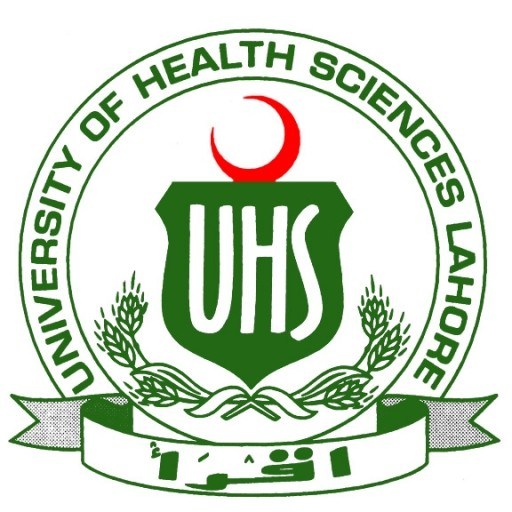Photos of university / #urochester
Why the University of Rochester for your MPH?
- Established in 1970
- Outstanding teaching faculty.
- Ongoing research on critical public health issues including tobacco control, air quality, breastfeeding, maternal/child health and nutrition, HIV prevention and deaf health.
- Dedication to programs done in collaboration with community partners.
- Our program is certified by the Council on Education for Public Health (CEPH)
- Our program trains present and future health professionals from a variety of disciplines by developing an enhancing research, evaluative and planning abilities
- We provide skills for a rational and analytic approach to problem solving from both investigative and managerial perspectives
- The program prepares graduates for roles in a wide variety of public and regulatory agencies, in profit and not-for-profit private health agencies, and in health services research
Located in the dynamic city of Rochester with its International Jazz Festival, Eastman School of Music, home of Susan B. Anthony and Frederick Douglass and in close proximity to the beautiful Finger Lakes Region of New York State featuring award-winning wineries.
Why Public Health?
Public Health is an exciting and growing field that lets you make a real impact on the world around you. Public Health saves lives—your life, the lives of your family and friends, and the lives of people around the world.
Why Should I Pursue a Career in Public Health?
Most experts agree that major advances in improvement of health over the next decades will not come from new medical findings or cures, but rather the broader development and application of population-based prevention programs.
Health services delivery systems are undergoing rapid change. Greater emphasis is being placed on health promotion and disease prevention as a means to reduce the costs of care by improving the health of our populations. These changes have created a broad array of new opportunities for professionals with advanced training in public health.
As the public become more informed about the effects of toxic wastes and pollutants on their health, greater emphasis is being placed on assuring the safety of our communities as well as worker health and safety. As a result, there is growing demand for experts in environmental health and industrial hygiene.
Public health research is focusing more on women's health, and child and substance abuse, and an increased emphasis is being placed on behavioral change to prevent the risk of STDs, HIV/AIDS, tuberculosis, and unplanned pregnancies. Greater emphasis is also being placed on school health and the health of minority and disadvantaged populations.
- Quantitative Methods
- Introduction to Date Management & Analysis
- Principles of Epidemiology
- US Health Care System: Financing, Delivery & Performance
- Social & Behavioral Medicine
- Masters Research Project/Paper
- Environmental & Occupational Epidemiology
- Ethics in Professional Integrity‐ Clinica
- MPH Practicum
- Community Health Improvement Practicum
ELECTIVES
- Survey Research
- Field Epidemiology
- History of Epidemiology
- Epidemiologic Methods
- Molecular Epidemiology
- Cardiovascular Disease Epidemiology & Prevention
- Recruitment & Retention of Human Subject
- American Health Policy & Politics
- Quality of Care & Risk Adjustment
- Health Promotion and Prevention
- Psychology in Health Services Research
- Nutritional Epidemiology
- Maternal & Child Health
- Introduction to Health Services Research & Policy
- Health Policy Analysis
- Infectious Disease Epidemiology
- Qualitative Health Care Research
- Program Evaluation for Public Health
- Cancer Epidemiology
- Multivariate Models for Epidemiology
- Measurement & Evaluation of Research Instruments
- Medical Decision Making and Cost Effectiveness Research
- Medical Ecology
- Experimental Therapeutics
- Injury Epi. & emergency Care Research Methods
Requirements
- Online Application(recommended browser is Google Chrome)
- Statement of Purpose
- Uploaded copy of transcript(s) to online application.
Please do not mail a hard copy at this time. - 3 Letters of Recommendation
- Official GRE Scores (institution code: 2948)
- Official TOEFL (institution code: 2948) or IELTS Scores
For applicants whose native language is not English. - Payment of the $60.00 application fee
- The following programs require a writing sample: Clinical Investigation, Epidemiology, Health Services Research and Policy, Medical Humanities, Public Health. Otherwise, research papers, publications and other original works, as well as resumes and CVs may also be submitted for consideration, but are not required.
Scholarships
- Global Education









